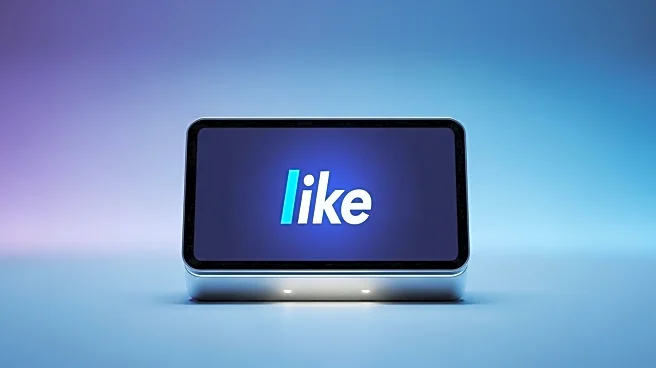What is the story about?
What's Happening?
Meta, the parent company of Facebook and Instagram, is launching a paid subscription model for users in the UK who prefer an ad-free experience. This initiative follows similar offerings in the EU, where users can pay a fee starting from €5.99 per month to avoid ads. In the UK, the subscription will be priced at £2.99 per month for web users and £3.99 for iOS and Android app users, reflecting additional transaction fees from Apple and Google. The move comes after the UK's Information Commissioner's Office (ICO) issued guidance on ad-free subscriptions, emphasizing the importance of user choice regarding data usage for personalized advertising. Meta's new model aims to provide users with a clear option to opt-out of data tracking for ads, aligning with UK legal standards.
Why It's Important?
The introduction of a subscription model by Meta represents a significant shift in how digital platforms generate revenue, moving away from traditional ad-based models. This change could influence other tech companies to adopt similar strategies, potentially altering the landscape of digital advertising and user privacy. For users, it offers greater control over their data and online experience, while businesses may need to adapt to new advertising dynamics. The ICO's support for this model underscores the growing emphasis on privacy and user rights in digital services, which could lead to broader regulatory changes in the industry.
What's Next?
As Meta rolls out this subscription model, it may face scrutiny from users and regulators regarding its implementation and pricing structure. The company will likely monitor user adoption rates and feedback to refine its offerings. Other tech companies might observe Meta's approach and consider similar models, potentially leading to a wider industry shift towards subscription-based services. Additionally, ongoing discussions about data privacy and advertising practices could prompt further regulatory actions, influencing how digital platforms operate in the future.
















